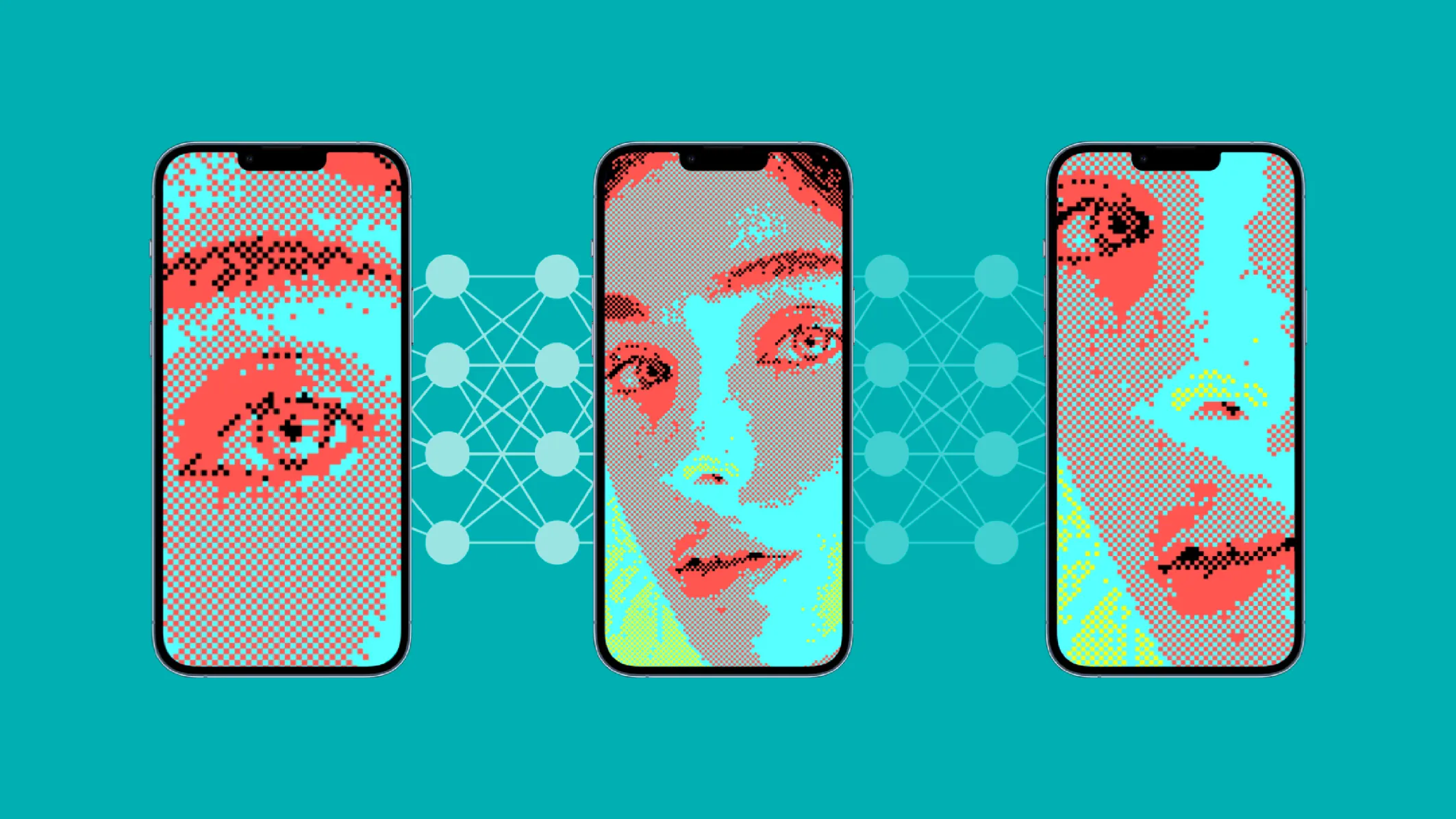We need to prepare for ‘addictive intelligence’

People have started forming relationships with AI systems as friends, lovers, mentors, therapists, and teachers, with these “sycophantic” companions “optimized to suit the precise preferences of whoever [they are] interacting with”, write Robert Mahari, a joint JD-PhD candidate at the MIT Media Lab and Harvard Law School, and Pat Pataranutaporn, a researcher at the MIT Media Lab, in the MIT Technology Review.
Their analysis of a million ChatGPT interaction logs, Consent in Crisis: The Rapid Decline of the AI Data Commons, reveals that the second most popular use of AI is sexual role-playing.
We’re seeing a giant, real-world experiment unfold, uncertain what impact these AI companions will have either on us individually or on society as a whole. […] AI wields the collective charm of all human history and culture with infinite seductive mimicry. These systems are simultaneously superior and submissive, with a new form of allure that may make consent to these interactions illusory. In the face of this power imbalance, can we meaningfully consent to engaging in an AI relationship, especially when for many the alternative is nothing at all?
The allure of AI lies in its ability to identify our desires and serve them up to us whenever and however we wish. AI has no preferences or personality of its own, instead reflecting whatever users believe it to be—a phenomenon known by researchers as “sycophancy.” Our research has shown that those who perceive or desire an AI to have caring motives will use language that elicits precisely this behavior. This creates an echo chamber of affection that threatens to be extremely addictive.
They are concerned:
Repeated interactions with sycophantic companions may ultimately atrophy the part of us capable of engaging fully with other humans who have real desires and dreams of their own, leading to what we might call “digital attachment disorder.”
And argue that this requires policy interventions and regulatory approaches.
Robert Mahari is a joint JD-PhD candidate at the MIT Media Lab and Harvard Law School. His work focuses on computational law—using advanced computational techniques to analyze, improve, and extend the study and practice of law.
Pat Pataranutaporn is a researcher at the MIT Media Lab. His work focuses on cyborg psychology and the art and science of human-AI interaction.



